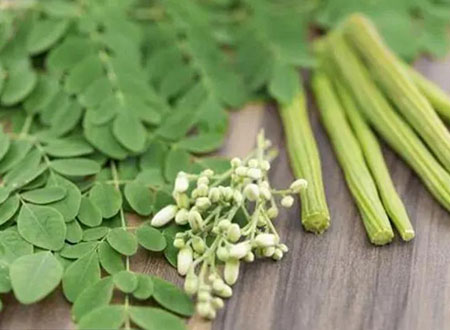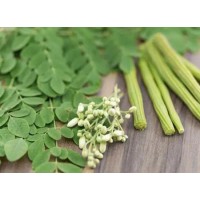Everyone's favorite health food: Moringa
Moringa leaves are beautiful, and the flowers are yellow-white and fragrant. Using moringa leaves as vegetables and food has the functions of enhancing nutrition and dietary healthcare, and can also be used as soup or salad. Moringa flowers can also be added to salads when slightly blanched. In foreign countries, Moringa is widely used in medicine, healthcare, etc., and is known as the "tree of life".
Various parts of Moringa, such as leaves, roots, seeds, bark, fruits, flowers, and immature pods, can be used as medicines. They are stimulants for the heart and circulatory system, antioxidant, liver and kidney protection, antibacterial, anti-inflammatory, and antiviral functions.

According to the research scientists, Moringa is pungent, slightly warm, and non-toxic. Contains high vitamin A, B, B1, B2, B3, c1, E and high protein, and high fiber. Moringa contains 6 kinds of mineral elements (calcium, magnesium, phosphorus, potassium, sodium, sulfur), 5 kinds of trace elements (zinc, copper, iron, manganese, selenium), 11 kinds of essential amino acids (8 kinds of which the human body cannot Self-synthesized amino acids), amino acids are important elements for activating cells, enhancing immunity, and enhancing sexual ability.
Moringa contains unsaturated fatty acids, which can reduce cholesterol and prevent cardiovascular and cerebrovascular diseases. It is an important basis for maintaining normal life activities of the human body. It can effectively enhance immunity, improve sleep, enhance memory, and repair islet cells.

